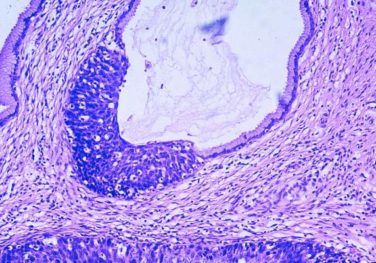The U.S. Food and Drug Administration has issued revised draft guidance intended to foster the development of direct-acting antiviral drugs to treat chronic hepatitis C virus infection.
The guidance, developed by the FDA’s Center for Drug Evaluation and Research, delineates the drug development process from the preinvestigational new drug application through the new drug application and postmarketing stages.
According to the FDA, the draft guidance, when finalized, will represent the current thinking of the agency on development of direct-acting antivirals and clinical trial designs, but is not binding on the FDA or the public. It explicitly states that industry may use an alternative approach to drug development if it “satisfies the requirements of the applicable statutes and regulations.” For the purposes of drug development, the FDA defines direct-acting HCV antivirals as drugs that “interfere with specific steps in the HCV replication cycle through a direct interaction with the HCV genome, polyprotein, or its polyprotein cleavage products.”
The guidance does not address the development of drugs that target host functions necessary for viral replication or immune-based drugs for the treatment of HCV infection, including new interferon drugs or therapeutics “without antiviral mechanisms intended to mitigate or reverse clinical or pathophysiological outcomes” of chronic HCV infection, such as prevention of hepatocellular carcinoma or reversal of fibrosis.
Once the draft guidance has been published in the Federal Register, the FDA will accept comments and suggestions at www.regulations.gov for 60 days.
On Twitter @richpizzi






